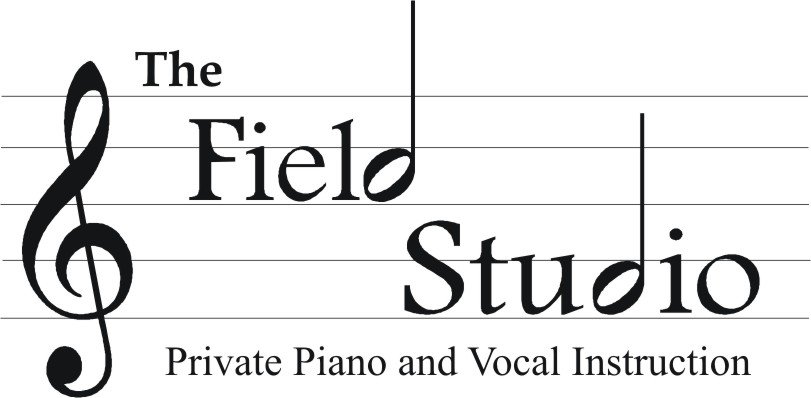Stephen Field is a professional pianist, accompanist and conductor. He holds an undergraduate degree from UCONN in piano performance where he also studied conducting under Peter Bagley and Paul Philips - a protege of famed choral conductor Robert Shaw. He played for literally dozens of singers and instrumentalists while at UCONN and played with regional orchestras, professional theater companies, chamber ensembles and choral groups. He was hired as a year-long sabbatical replacement for a member of the UCONN piano faculty after graduation.
Steve completed a Masters of Piano Performance and did doctoral work at the University of Memphis where he worked as a graduate assistant to opera conductor and coach, Bob Griffith. While there, Steve had the opportunity to coach, accompany and conduct operas and operettas as well as accompanying graduate recitals in every instrument and voice and playing for numerous faculty recitals. Steve also worked as the staff pianist for the Memphis Symphony. While in Memphis, he taught piano at the University's Community Musical School and taught non-performance majors at the college.
Steve's teaching philosophy stems from all of his diverse experience in music. He has used his gifts to play in almost every setting imaginable. His goal is to give each student the foundational, crucial information needed so they can 'fly' on the piano. He believes that through discipline and skill comes tremendous freedom.
He is an expert at:
Preparing college auditions for Music Performance in Piano, Music Education, Music Therapy
Teaching music theory
Tutoring students while they take AP Theory in high school
Teaching sight-singing
Preparing a student for College Piano Proficiency Exams
Assisting pianists in preparing to play for a choral group
Assisting a pianist in preparing to play in the orchestra pit of a musical or opera
Teaching the art of accompanying
Coaching singers and instrumentalists on their college audition materials
Preparing singers for their theory entrance evaluation exams
Teaching adult beginners and adult ‘returners’
Transitioning non-music readers to reading music
